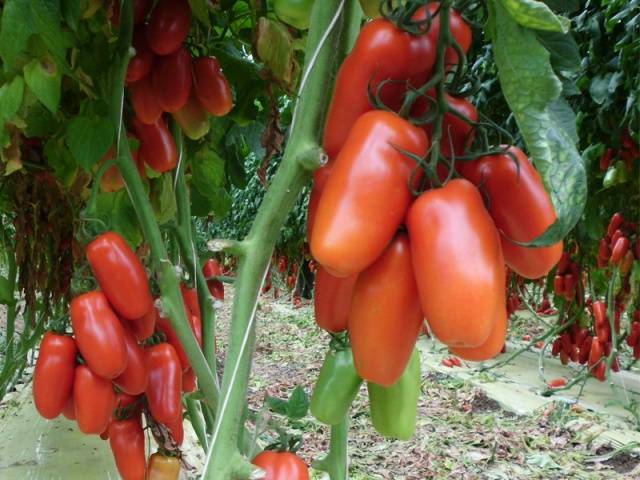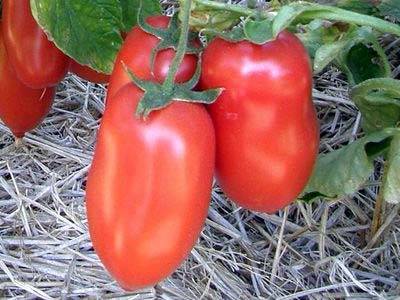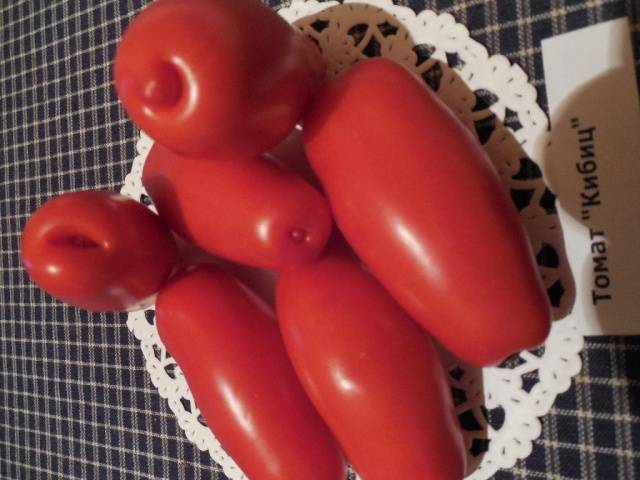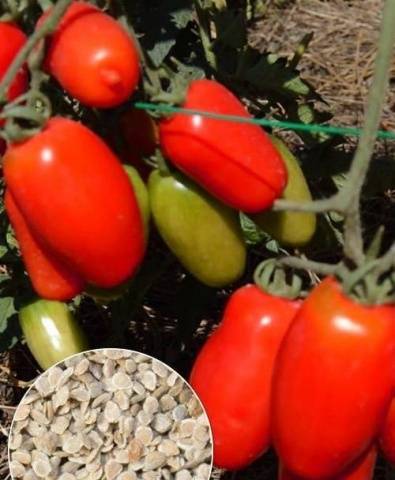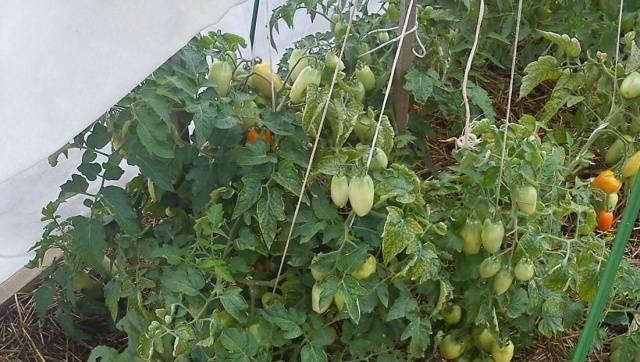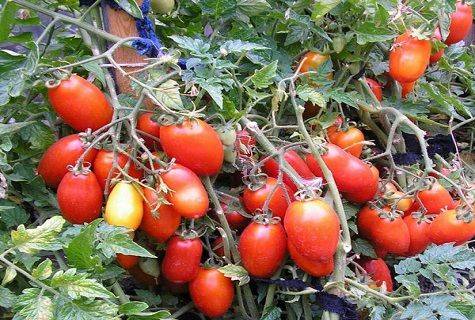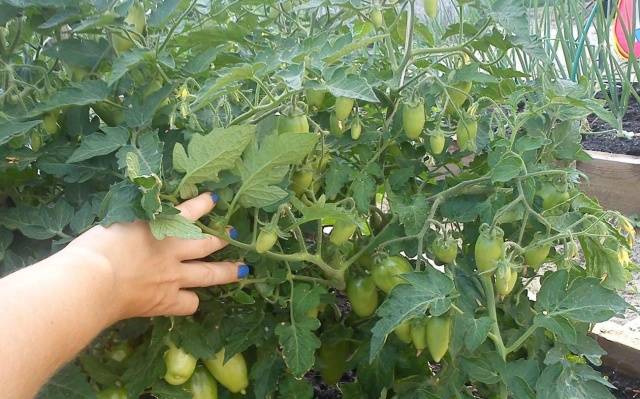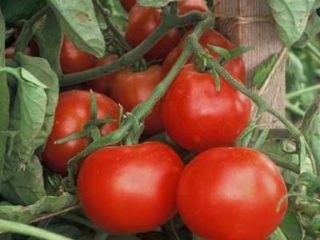Content
Many gardeners have been growing tomatoes for many years and have managed to compile their collection of their favorite varieties that will not let them down in any situation. Others are just starting their gardening life and are trying, based on someone else's experience, to assess how much this or that variety of tomatoes is suitable for them.
Tomato Kibitz is able to interest both the first and the second, since it has many attractive properties and characteristics, and will especially delight beginners in gardening with its stability and unpretentiousness in growing.
Description of the variety
The history of the origin of this tomato variety is not exactly known. Since it is not included in the State Register of Breeding Achievements of Russia and the seeds come to Russia mainly from Ukraine, this suggests that this tomato variety was bred by Ukrainian or European (Polish) breeders. There are also many variations of the name of the variety - it is called Kibits, Kibis, and even Chibis. The fact that all these names refer to the same variety is indirectly confirmed by the fact that, translated from German, the word Kiebtzer means lapwing or piglet.
In Russia, tomato seeds of the Kibitz variety can be purchased mainly through collectors. This tomato variety is not found among the assortment of seed companies.
Tomato Kibitz belongs to the determinant type, bushes of a rather powerful type with thick, strong stems, although they grow no more than 50-60 cm in height. In the middle lane, you can grow it in 3-4 stems. In the south, the bushes of the Kibitz tomato do not need pinching, pruning, or shaping. But tying them to supports is very desirable, because due to a bountiful harvest, branches with tomatoes will decay and at best risk being on the ground, and at worst even break and you may be left without a crop at all. Sometimes, however, the entire surface under the bushes is covered with cardboard and straw and the tomatoes are allowed to ripen while lying on the straw.
Tomato Kibitz feels equally well both in the beds in the open field and under any shelters, and its yield practically does not depend on the place of cultivation.
In terms of ripening, this variety can be attributed to ultra-early, since the first fruits can ripen literally 85-90 days after germination. But usually, its fruiting period is very extended, and tomatoes can continue to ripen for another two months after the appearance of the first fruit in the stage of technical maturity.
Despite the early ripening terms, the Kibitz tomato is also distinguished by its high yield. From one bush for the whole season, you can collect from 3 to 5 kg of tomatoes.
Tomatoes tolerate unfavorable weather conditions, first of all, rain and cold, and their resistance to late blight is above average. They also show high resistance to top rot and other diseases. In hot and dry weather, tomatoes can become smaller and less succulent, so regular (preferably drip) watering is vital when growing Kibitz tomatoes in hot and dry areas.
Characteristics of tomatoes
Someone attributes the fruits of this tomato variety to pepper-shaped group, someone to cream tomatoes, however, its general characteristics can be described as follows:
- The shape of the tomatoes is elongated with a characteristic spout at the tip of the fruit.
- The size of the fruits is average, they reach 10-12 cm in length, the average weight of one fruit is 60-80 grams.
- In the stage of technical maturity, tomatoes are green, then they turn brown and acquire an orange tint, and when fully ripe they are bright red.There is no dark spot near the peduncle.
- The fruits have 2-3 seed chambers.
- The pulp of Kibitz tomatoes is dense, fleshy, even sugary at the break. The skin is smooth, quite dense and firm.
- Taste qualities are rated on a solid four. Some people think that the palatability is very good, especially for early ripening tomatoes. Others use Kibitz tomatoes exclusively for harvesting. At least tomatoes cannot be called sour, they produce a sufficient amount of sugars.
- The use of tomatoes is universal. And although most housewives consider this variety ideal for whole-fruit canning, others use Kibitz tomatoes exclusively for drying and drying. Indeed, since the fruits have a high dry matter content, excess moisture is very easily evaporated from them.
- Tomatoes of this variety are distinguished, in addition, by the possibility of long-term storage. In suitable cool conditions, they can be stored without losing their presentation for about a month. Kibitz tomatoes also have no problems with transportation.
Growing features
Seeds of tomatoes of this variety for seedlings can be sown throughout March. The exact dates are determined depending on when you can plant the seedlings in a permanent place. For planting, usually 60-day seedlings are used. Proceeding from this, and adding about 5-6 more days for seed germination, you will get the approximate timing of sowing seeds for seedlings.
For germination, the seeds need a temperature of about + 22 ° C, but after the appearance of the first shoots loops, it is advisable to move the future tomatoes to a cooler, but at the same time strongly illuminated place.
In this case, the temperature should not exceed + 17 ° С- + 18 ° С, and at night it can be even lower.
When the first pair of true leaves appears, seedlings of Kibitz tomato are planted in separate containers with a deepening to the first leaves. A week later, another young tomatoes can already be fed with any growth stimulant or complex liquid fertilizer.
When planting in a permanent place, up to five Kibitz tomato bushes can be placed on one square meter. It is advisable to add a mixture of humus and wood ash to the planting holes.
A few days after planting, it is advisable to tie the tomatoes to supports so that the flower brushes, and then the fruits, do not bend under their own weight.
To ensure a decent yield, tomatoes definitely need regular feeding and watering. It is advisable to use complex fertilizer a week after planting the seedlings in a permanent place. In the future, mainly potassium-phosphorus fertilizers with microelements are used - before flowering, after flowering and during fruit pouring.
Reviews of gardeners
Gardeners reacted favorably to the Kibitz tomato and, judging by the reviews, many, having tried it once, are in no hurry to part with it.
Inna, 42 years old, Ryazan region
I had Kibitz tomato seeds from two sources, but only one grew similar in the description of the variety. I really liked the seedlings, they were so stocky, strong, did not stretch out. When planting, I tied only the central stem to the posts, everything else grew by itself. She practically did not pinch, removed only the lowest leaves along with shoots. As a result, she sowed it on March 7, dived on April 11, landed under arcs with covering material in early May. The tomatoes were tied perfectly, on one bush I counted 35 fruits, on the other - about 42. Among the shortcomings, it can be noted that ripe fruits easily crumble from the branches with a slight touch. True, the tomatoes are dense, so even shedding is not very scary for them. To the taste - nothing special, everything was put into the blanks.Late blight was less affected than other varieties, no other sores were noticed, by the end of summer only the lower leaves turned yellow, but this did not affect the harvest in any way.
Conclusion
If you are new to vegetable growing and are looking for early, productive and unpretentious tomatoes, then you should definitely try the Kibitz tomatoes, most likely they will not disappoint you.
